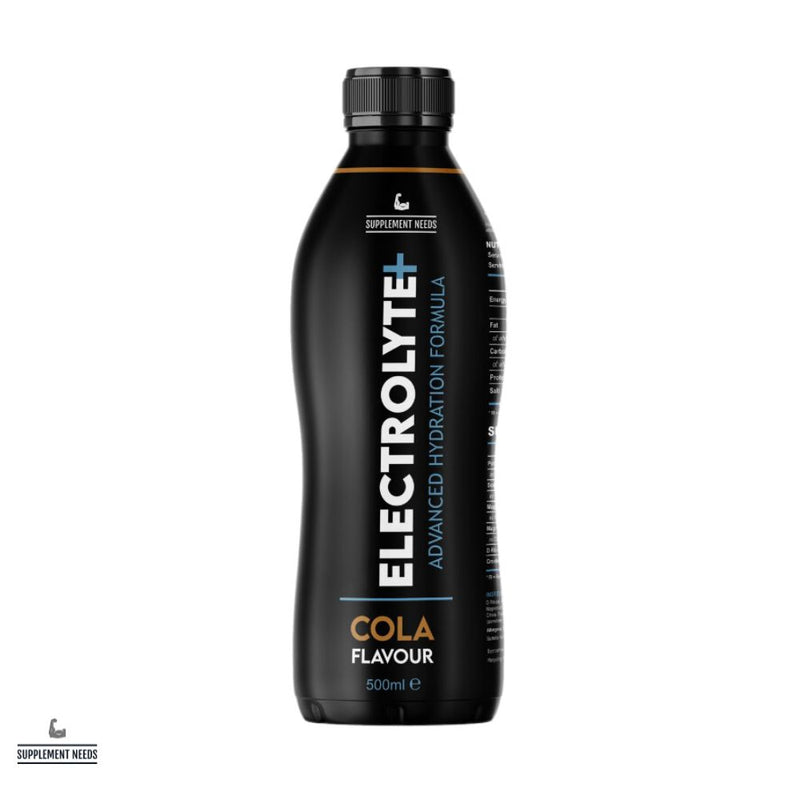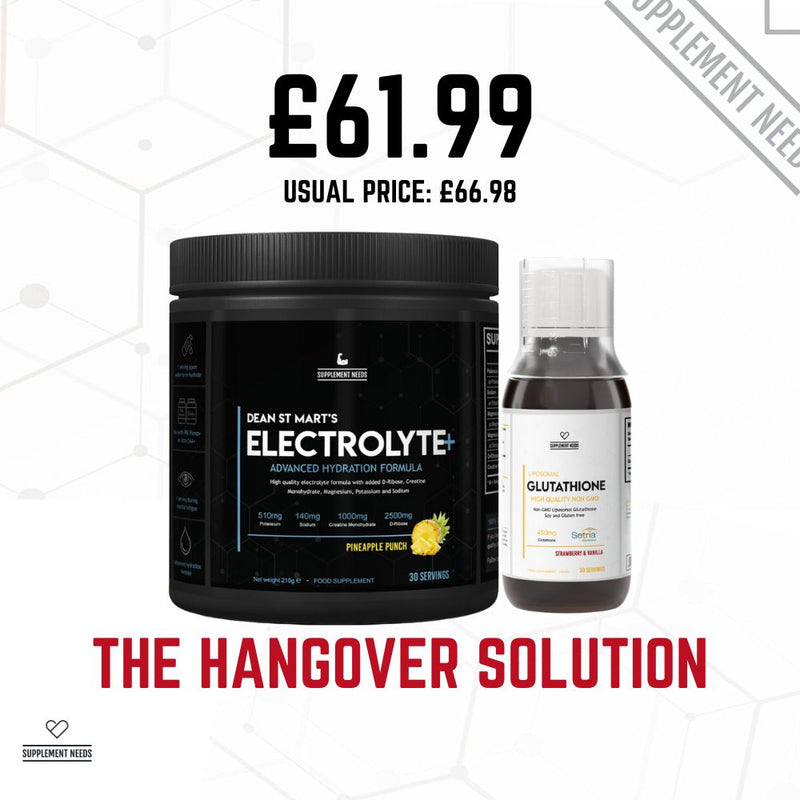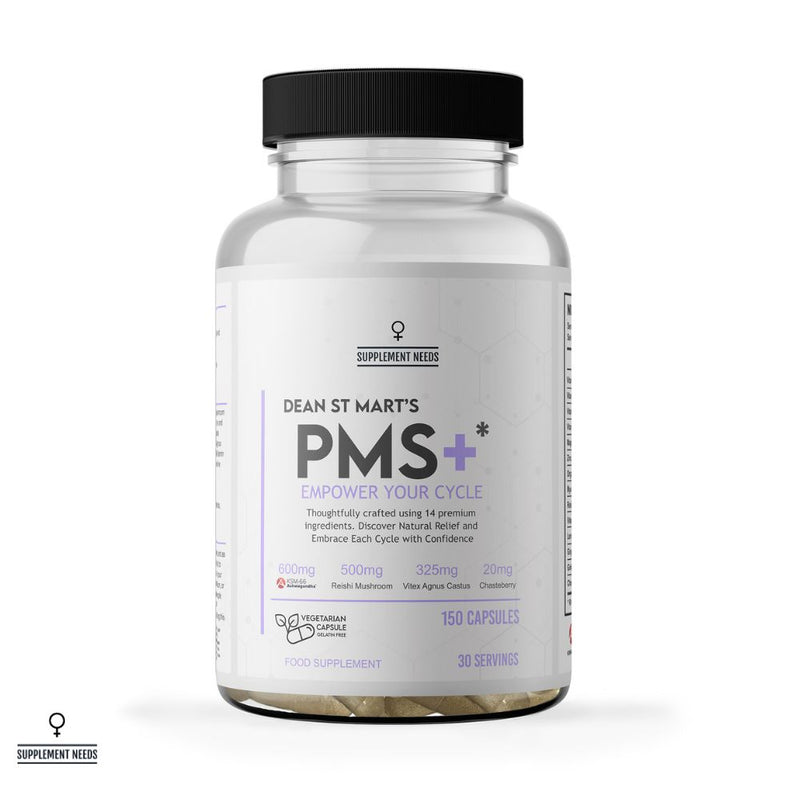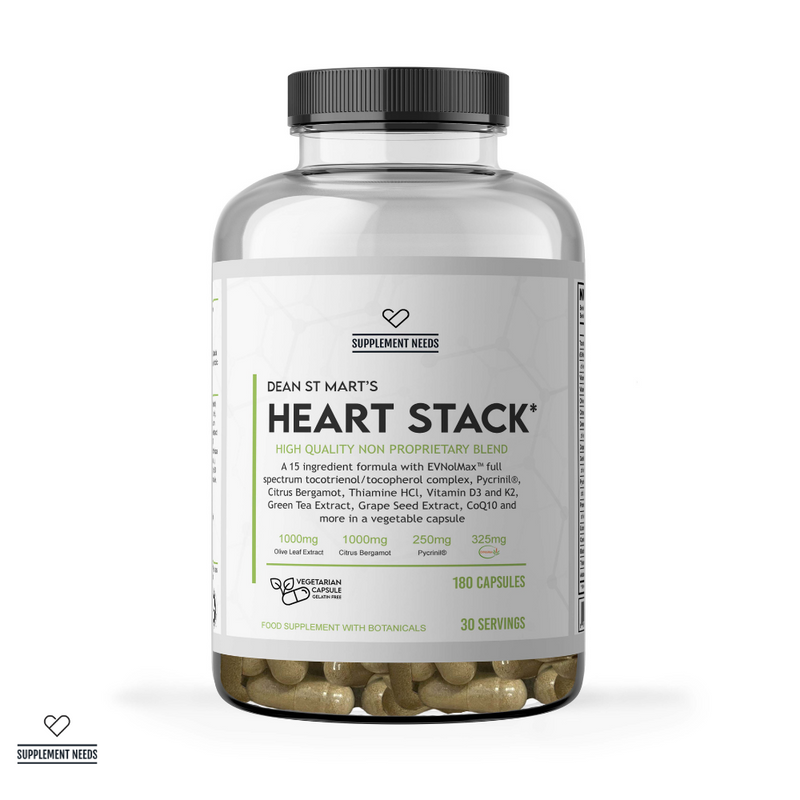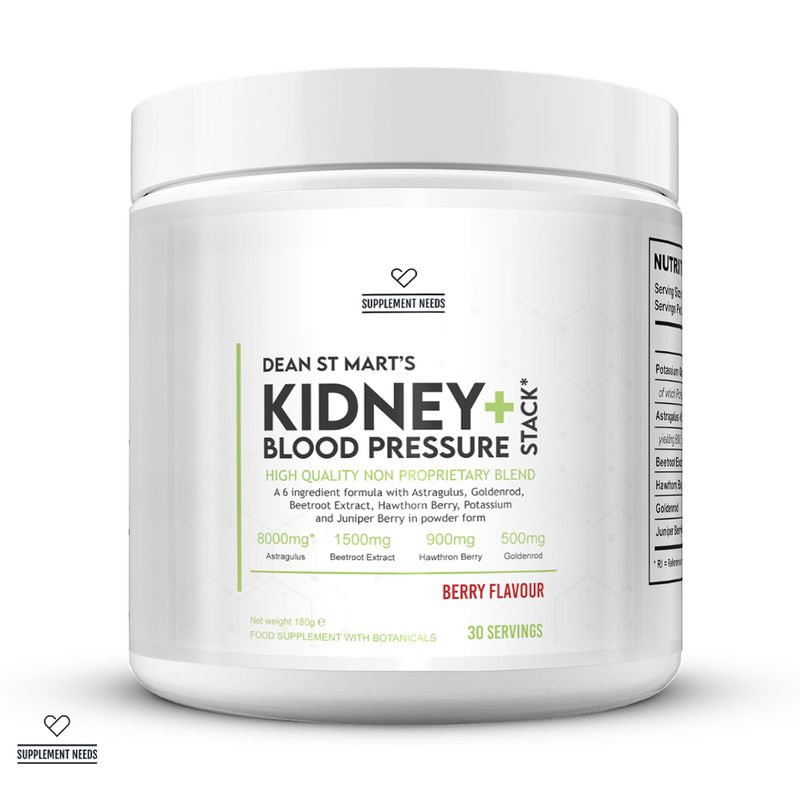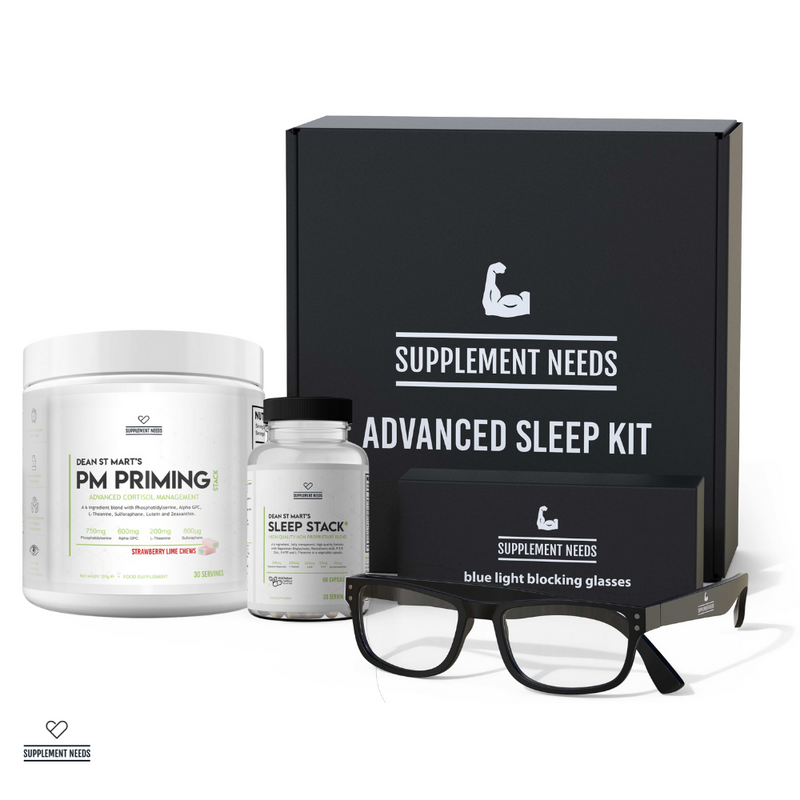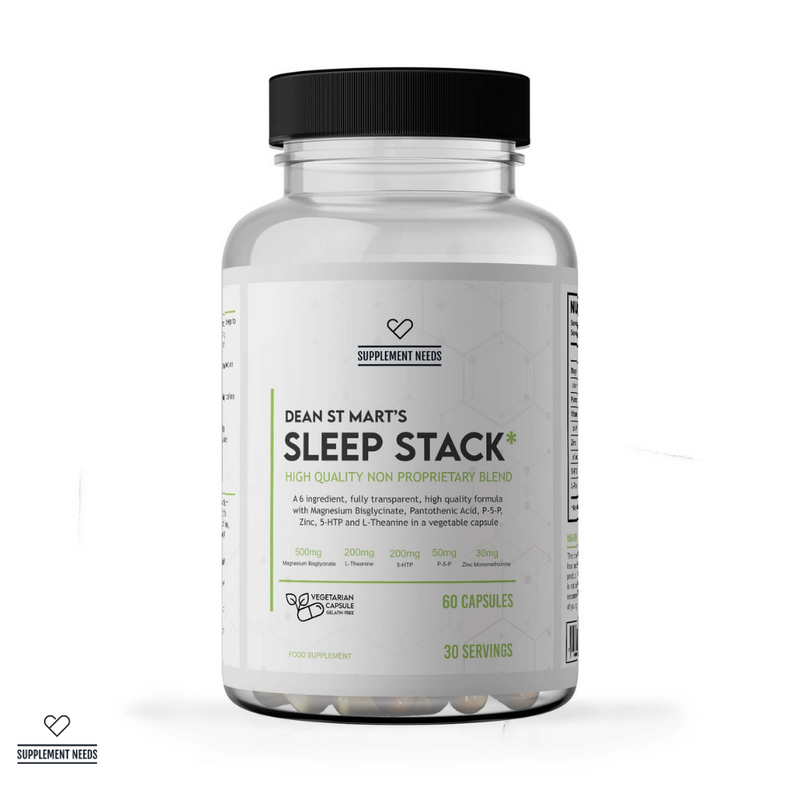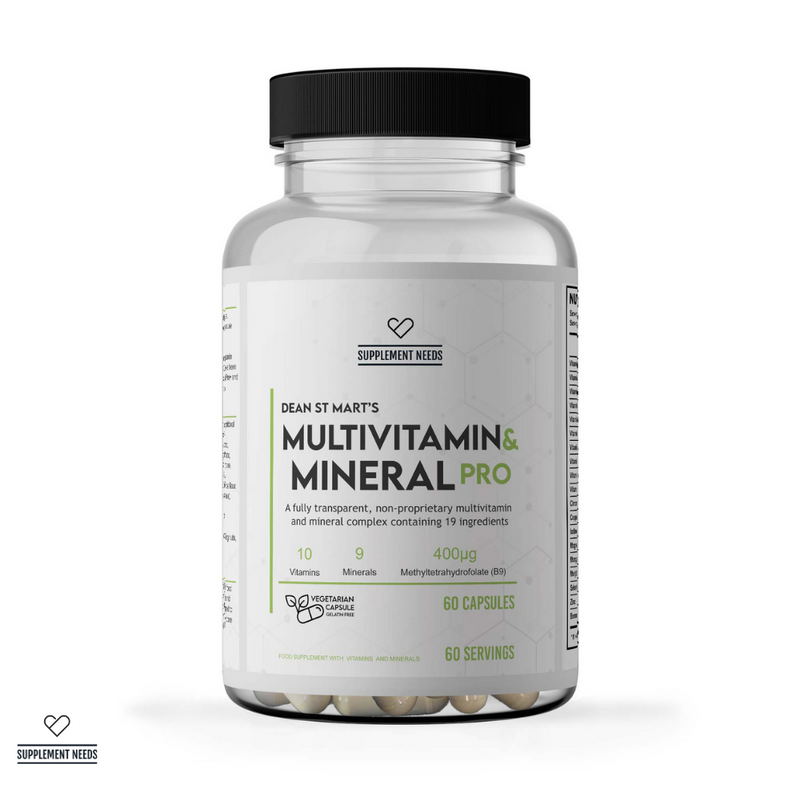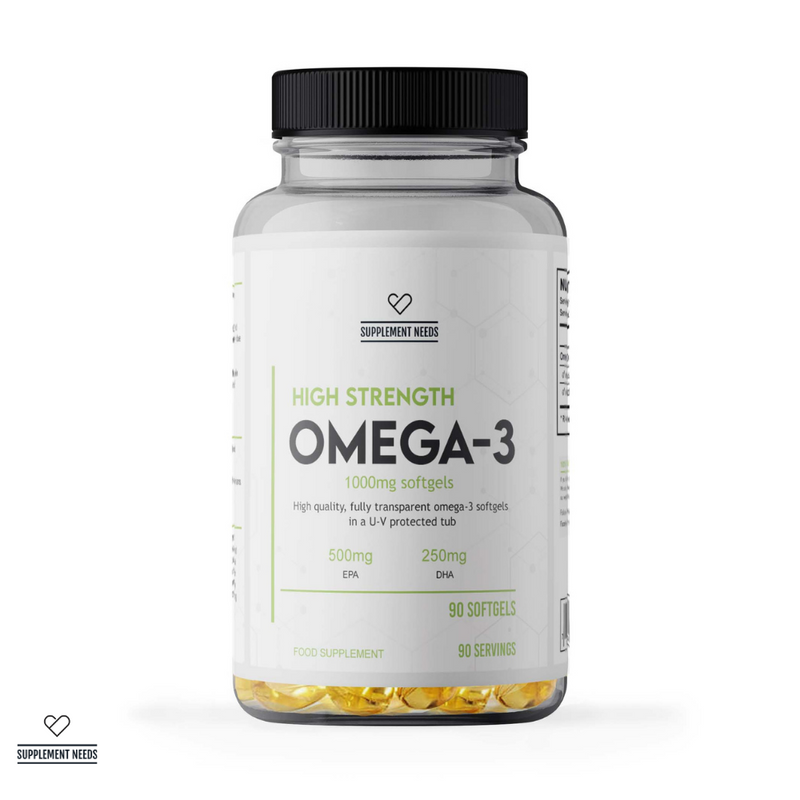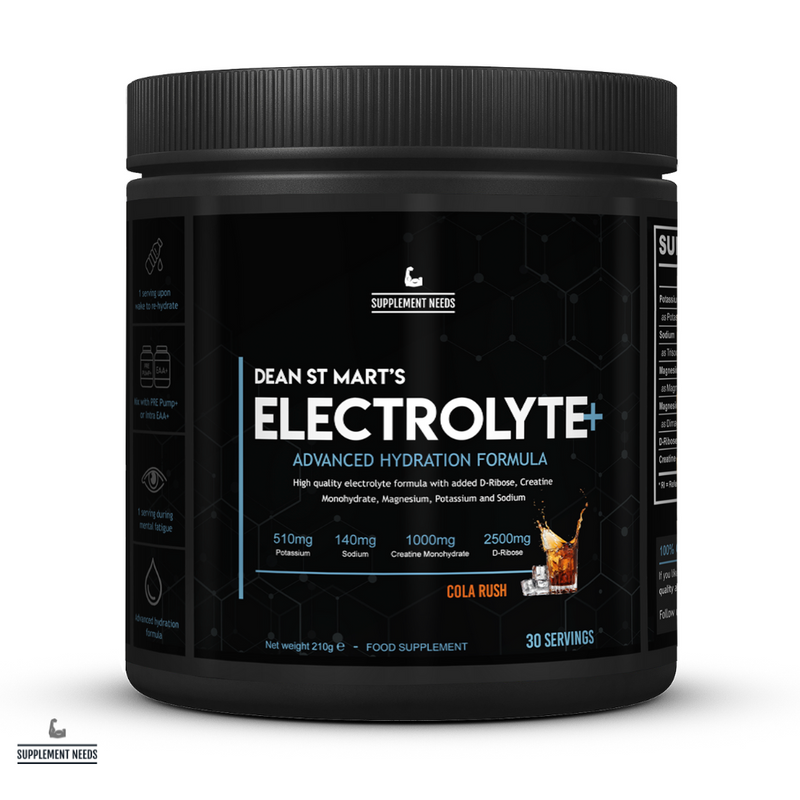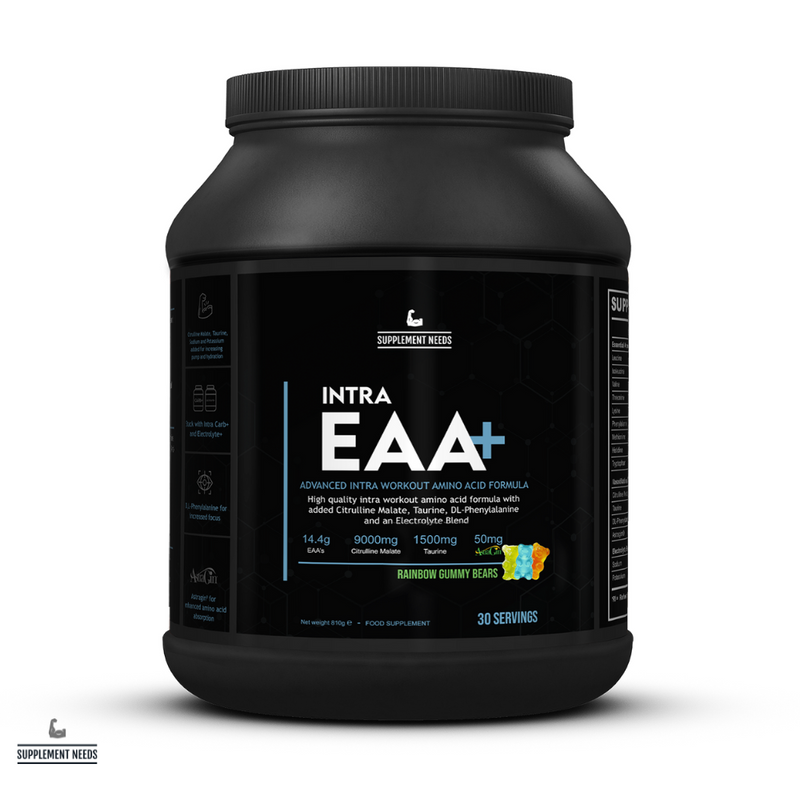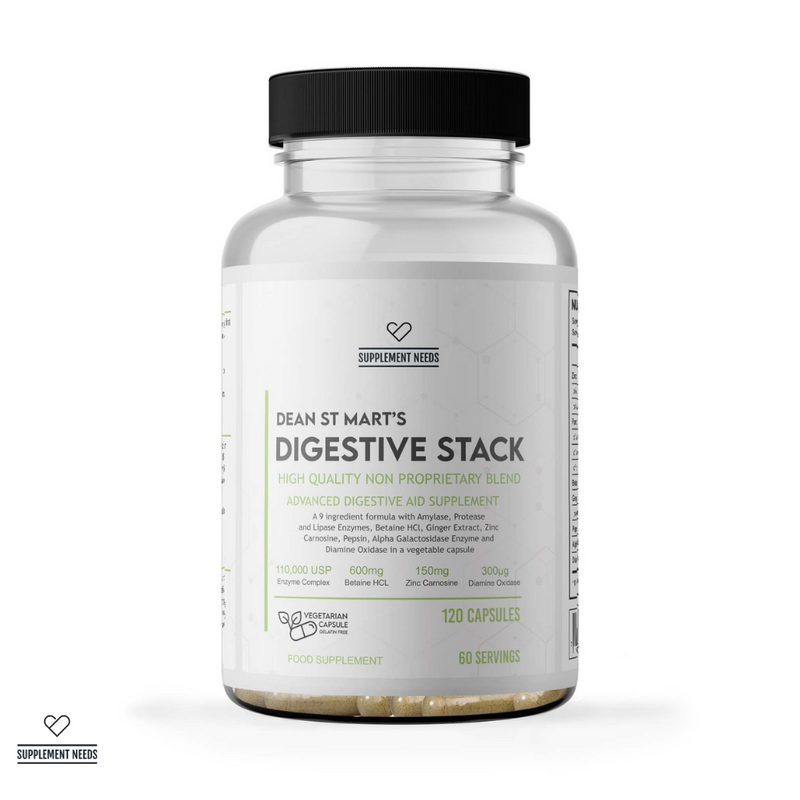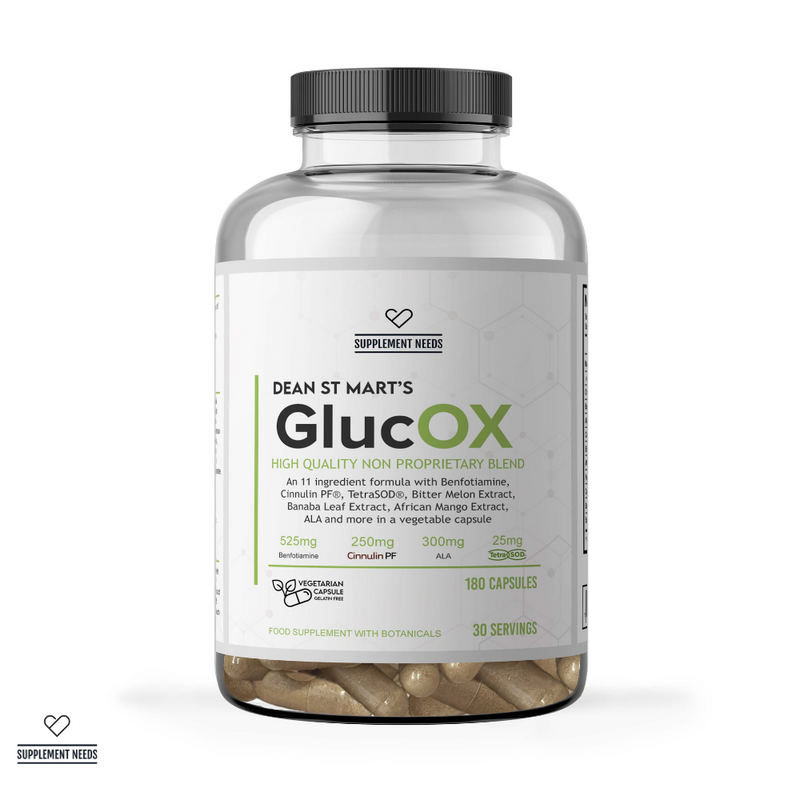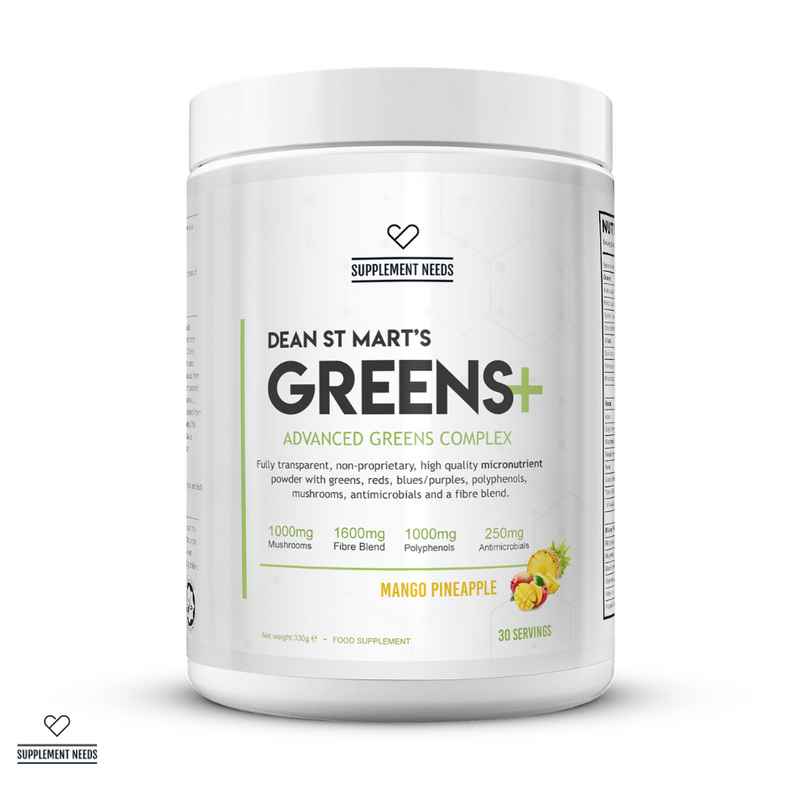Organic compounds that contain both amino and carboxylic acid functional groups, amino acids are the ‘building blocks’ of proteins, and thus are essential to the proper functioning of your body (think of proteins as being long-chains of amino acids - this gives you an idea of how amino acids contribute to protein development within the body).
Your body requires a total of 20 amino acids. 11 of these amino acids are produced endogenously (i.e. internally) by the body and are classed as ‘non-essential amino acids’.
The remaining 9 amino acids are called ‘essential amino acids’ and must be sourced exogenously (i.e. from outside of the body as foodstuffs) as the human body is unable to synthesise these amino acids.
These 9 essential amino acids are:
- Histidine - this amino acid is the precursor to Histamine, a neurotransmitter that contributes to immune response, sexual function, and the regulation of your sleep-wake cycles.
- Isoleucine - this is a branched-chain amino acid (BCAA) which is significantly involved in muscle metabolism. Isoleucine also plays a role in haemoglobin production and energy regulation.
- Leucine - this is another branched-chain amino acid (BCAA), and plays a critically-important role in muscle repair and protein synthesis.
- Lysine - this amino acid plays an important role in protein synthesis, and the general production of hormones and enzymes.
- Methionine - metabolism and detoxification are the main things that Methionine contributes towards. Methionine also contributes towards tissue growth and helps your body absorb important minerals such as Zinc and Selenium.
- Phenylalanine - Phenylalanine is a precursor to a number of important transmitters, particularly tyrosine. This amino acid also plays an important role in the structure and function of proteins and enzymes.
- Threonine - this amino acid contributes towards the building of important structural proteins such as collagen and elastin. It also plays a contributory role in immune function and the metabolism of fat.
- Tryptophan - this amino acid is a precursor to serotonin, a neurotransmitter that helps regulate your sleep, mood and appetite.
- Valine - another branched-chain amino acid (BCAA), Valine helps to stimulate muscle growth and regeneration. It also plays a role in energy production.
As you can see, essential amino acids play an important role in the proper health and function of your body.
However, whilst it’s possible to obtain these amino acids from foodstuffs, it’s important to note that they are predominantly available from meat, seafood, poultry, eggs, and dairy products.
These are considered to be complete protein sources as they contain all 9 essential amino acids you require.
If you’re a vegan, you can immediately spot the problem…
As a vegan, it can be a challenge to obtain all the essential amino acids you need from foodstuffs alone (although soy and pea proteins are considered complete protein sources).
That’s why many vegans choose to go down the route of supplementation to ensure they do not lack any essential amino acids from their diets.
What to look for in an amino acid (EAA) supplement
If you’re looking to supplement your diet with an essential amino acid supplement, there are some important characteristics to look for. We’ve detailed these below:
- ‘Complete’ - ensure that any EAA supplement you choose really is ‘complete’. What we mean by this is that the supplement contains the branched-chain amino acids Valine, Leucine, and Isoleucine. This is especially important if you are intending to take an EAA supplement to maintain your gains from the gym. Studies indicate that BCAAs contribute to Muscle Protein Synthesis (MPS), and help to prevent negative nitrogen balance (the breakdown of muscle protein).
- Dosing - check that the EAA supplement you have chosen has sufficient doses of each essential amino acid (especially the BCAAs). Here at Supplement Needs, our Vegan EAA supplement is a clearly defined serving containing 12.35 g of essential amino acids. Of this, 10 g are BCAAs (in the ratio, 5 g Leucine, 2.5 g Isoleucine, and 2.5 g Valine) - providing over the clinically recommended serving of 3 g Leucine which contributes to stimulating muscle protein synthesis.
- Ingredients that assist with absorption - it’s no use ingesting additional EAAs if your body is unable to absorb them! The very best EAA supplements contain ingredients such as AstraGin® - which is a root extract which helps with absorption of EAAs within the gut. It can also be handy to look for minerals such as Potassium Citrate which can enhance hydration.
- Good Manufacturing Practice (GMP) - ensure that any EAA supplement that you buy has been designed and manufactured in-line with the GMP guidelines. The GMP standards ensure that a supplement is of consistently high quality, appropriate for its intended use, and meets the requirements of the marketing authorisation or product specification.
- Non-generic ingredients - to ensure you’re buying a high-quality EAA supplement, ensure that it doesn’t use generic ingredients, where there are high-quality patented ingredients available instead. For example, Supplement Needs Vegan Intra EAA uses AstraGin®, which is a patented, research-backed form of Astragalus Root Extract. Our Intra EAA also includes CocoMineral® coconut water extract which has been developed by Cambridge Commodities to provide a standardised 20% potassium content.
- Credentials - who has developed the EAA supplement? Is it someone who is genuinely informed and knowledgeable about supplements? Take Supplement Needs, for example. Our product formulator is Dr. Dean St Mart PhD. Dean holds a double first honours degree in chemistry and pharmaceutical chemistry, as well as a PhD in synthetic organic chemistry and fluorescence spectroscopy. Can other brands say the same?
